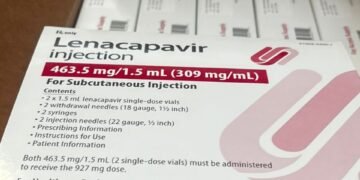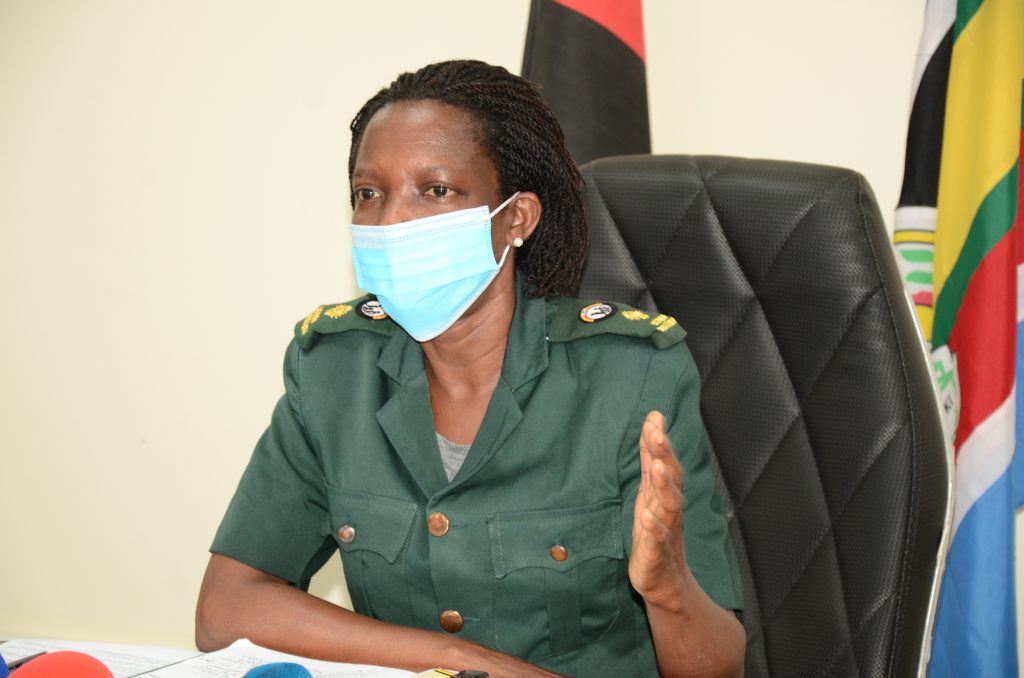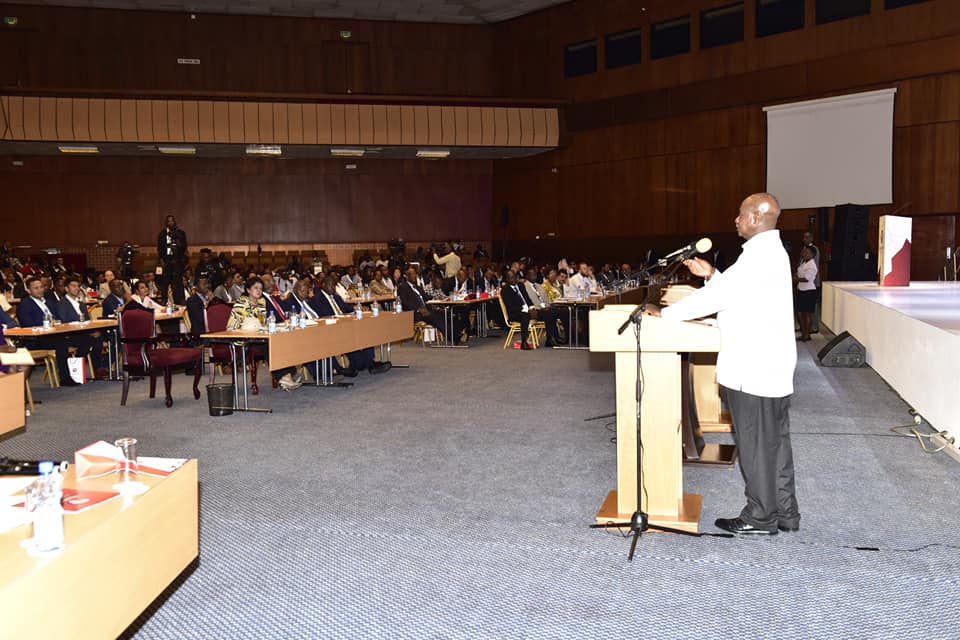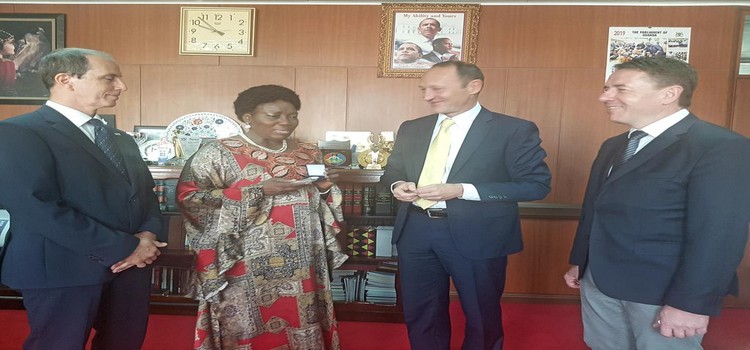The National Medical Stores (NMS), in partnership with the Ministry of Health, the Uganda Police Force and the State House Health Monitoring Unit, has launched a nationwide media campaign targeting the rampant theft of government medicines and vaccines.
Speaking at the launch in Kampala, NMS General Manager Moses Kamabare described drug pilferage as a criminal act that directly endangers Ugandan lives.
“Medicines are not just government assets that cost money — when stolen, they cost lives,” Kamabare said. “No Ugandan should die because the drugs meant to save them were taken away.”
He emphasized that NMS has strengthened transparency in the supply chain, noting that every delivery truck is GPS-tracked and comes with dispatch and delivery alerts that can be verified in real time. He reminded the public that all medicines distributed to government health facilities are free of charge.
“If anyone asks you to pay, that is theft — report it immediately,” he said.
Kamabare also highlighted the extreme methods thieves use to smuggle drugs, citing cases reported by the Health Monitoring Unit where stolen medicines were hidden in coffins and disguised as dead bodies.
Calling for harsher penalties, he criticized the current law that allows offenders who steal drugs worth hundreds of millions to walk away with fines as low as Shs5 million. He proposed increasing fines to three times the value of the stolen medicines to deter repeat offenders.
Uganda Police Force Spokesperson ACP Rusoke Kituuma pledged firm action and protection for whistleblowers.
“The moment you blow the whistle, we are ready to protect you,” he said. “Anyone who dares steal our medicines will be treated as a threat to national security.”
Dr. Warren Namara, head of the Health Monitoring Unit, warned that drug theft undermines the country’s survival, revealing that drugs and equipment worth more than Shs1.5 billion have been recovered in the past two years alone.
“The health of the population is a strategic resource. Drug theft is not a small crime,” he said, urging journalists to treat the crisis with the urgency once applied to HIV reporting.
Director General of Health Services Dr. Charles Olaro pointed to forthcoming reforms under the National Drug and Health Products Authority Bill, which introduces tougher penalties for those entrusted with government medicines. He also stressed the importance of prevention through lifestyle changes and improved accountability systems in hospitals.
“We are strengthening stock management, dispensing logs and medicine committees so every delivery can be tracked,” Dr. Olaro noted. “Protecting medicines means protecting lives.”
The new media campaign will run nationwide on radio and digital platforms, promoting vigilance, transparency and the principle that government-funded medicines must never be sold under any circumstances.

















